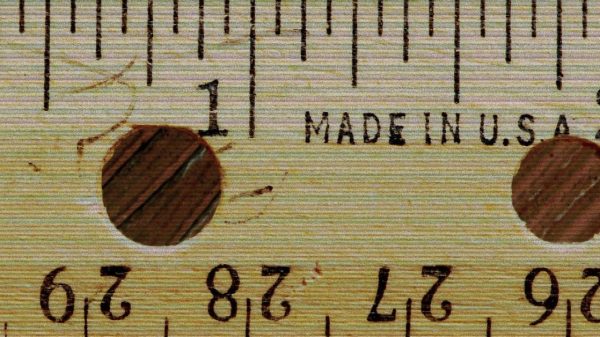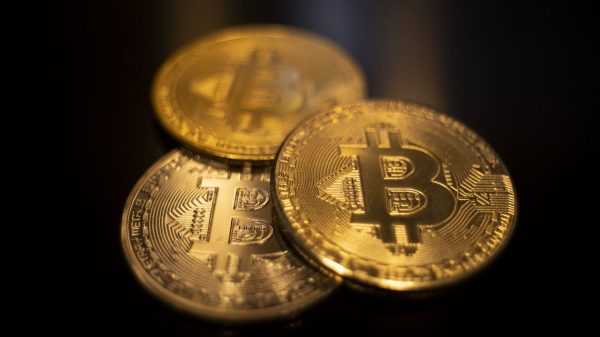PayPal Launches PayPal USD Stablecoin
Digital payments company PayPal has recently introduced its own U.S. dollar-pegged stablecoin named PayPal USD. This move makes PayPal one of the latest firms to offer customers the option of using stablecoins for payments.
Key Takeaways
- PayPal collaborates with fintech company Paxos in issuing PayPal USD stablecoin.
- Paxos, PayPal’s partner in this initiative, has faced challenges with the SEC in February.
- SEC is yet to establish a regulatory framework for defining and overseeing stablecoins.
PayPal USD enables customers to transfer the stablecoin between digital wallets, conduct person-to-person payments, fund purchases using digital currency, and convert PayPal-supported cryptocurrencies to and from PayPal USD. The stablecoin is fully backed by U.S. dollar deposits, short-term Treasurys, and cash equivalents. It is redeemable for U.S. dollars at a 1-to-1 ratio.
PayPal has teamed up with Paxos Trust Company, a New York-based fintech company specializing in blockchain technology, to issue this digital coin. PayPal’s President and CEO, Dan Schulman, highlighted the importance of a stable instrument connected to fiat currency in the digital currency landscape.
Investing Considerations
While PayPal’s stablecoin offers easy transferability and exchangeability, it’s essential to remember that stablecoins, like all cryptocurrencies, carry inherent financial risks. The value of stablecoins is linked to other financial assets, adding layers of complexity and volatility. Even stablecoins backed by the U.S. dollar or Treasury bonds are subject to market fluctuations.
If the U.S. dollar depreciates significantly, PayPal USD’s value could be impacted. However, stablecoins like PayPal USD provide users with more payment options, flexibility, and a decentralized financial alternative.
PayPal’s shares are currently trading higher, reflecting ongoing market trends.
SEC’s Regulatory Actions in the Crypto Industry
Paxos, PayPal’s partner in launching the stablecoin, faced scrutiny from the Securities and Exchange Commission (SEC) in February regarding its Binance USD coin. This incident was part of a broader crackdown by the SEC on crypto companies allegedly violating investment laws.
The SEC is actively pursuing crypto firms to ensure compliance with federal regulations. Despite targeting various firms in recent years, the SEC is yet to establish clear guidelines for regulating stablecoins.
Stablecoins are digital currencies pegged to the value of traditional assets and are commonly used for transactions. U.S. dollar-backed stablecoins such as TetherUSD, USD Coin, and Binance USD are prevalent in the market.


































